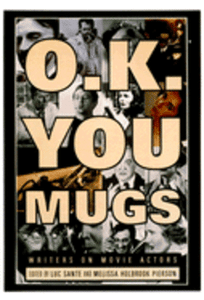

After reading this book, you'll know why. The author has stared death in the face more than once, and she understands why medical professionals call her preferred means of transportation a ""donorcycle."" But-like so many of America's seven million or so riders -she just can't seem to permanently park that mystical machine. Pierson, a longtime Moto Guzzi rider, weaves autobiography, travelogue, motorcycling history and social commentary with delicious descriptions of the pre-ride ritual, cruising in the rain, the camaraderie of female riders (her husband, the writer Luc Sante, does not ride) and the significance of a wrong turn that leads to a cemetery at the end of a deserted cul-de-sac. Pierson's cultured yet personable and honest style will hook both enthusiasts and readers who've never even sat on a motorcycle-let alone know the difference between a Honda CBR and a Honda CRX. But that's what makes it a precious piece of literature, an ode to a way of life dismissed by most worthwhile writers. Not only in motorcycling, but in life as well. It's odd as hell."" Odd, too, is this book. Perhaps the world’s most formidable long-distance ridera man I think of as the Sir Edmund Hillary of motorcyclingRyan’s story, as told in The Man Who Would Stop at Nothing, is one of perseverance, determination, and mastery. Melissa Holbrook Pierson is the author of The Perfect Vehicle, The Place You Love Is Gone, Dark Horses and Black Beauties, and The Man Who Would Stop at Nothing. ""On a bike,"" Pierson writes in her first book, ""I am hurtling toward what I imagine is a fearful future, but I am using a fearless means to do so. People who ride motorcycles live in another world, where the line between life and death often is as blurred as the center line whizzing by beneath the foot pegs. She attended Vassar College, receiving her BA in English Literature in 1980.


 0 kommentar(er)
0 kommentar(er)
